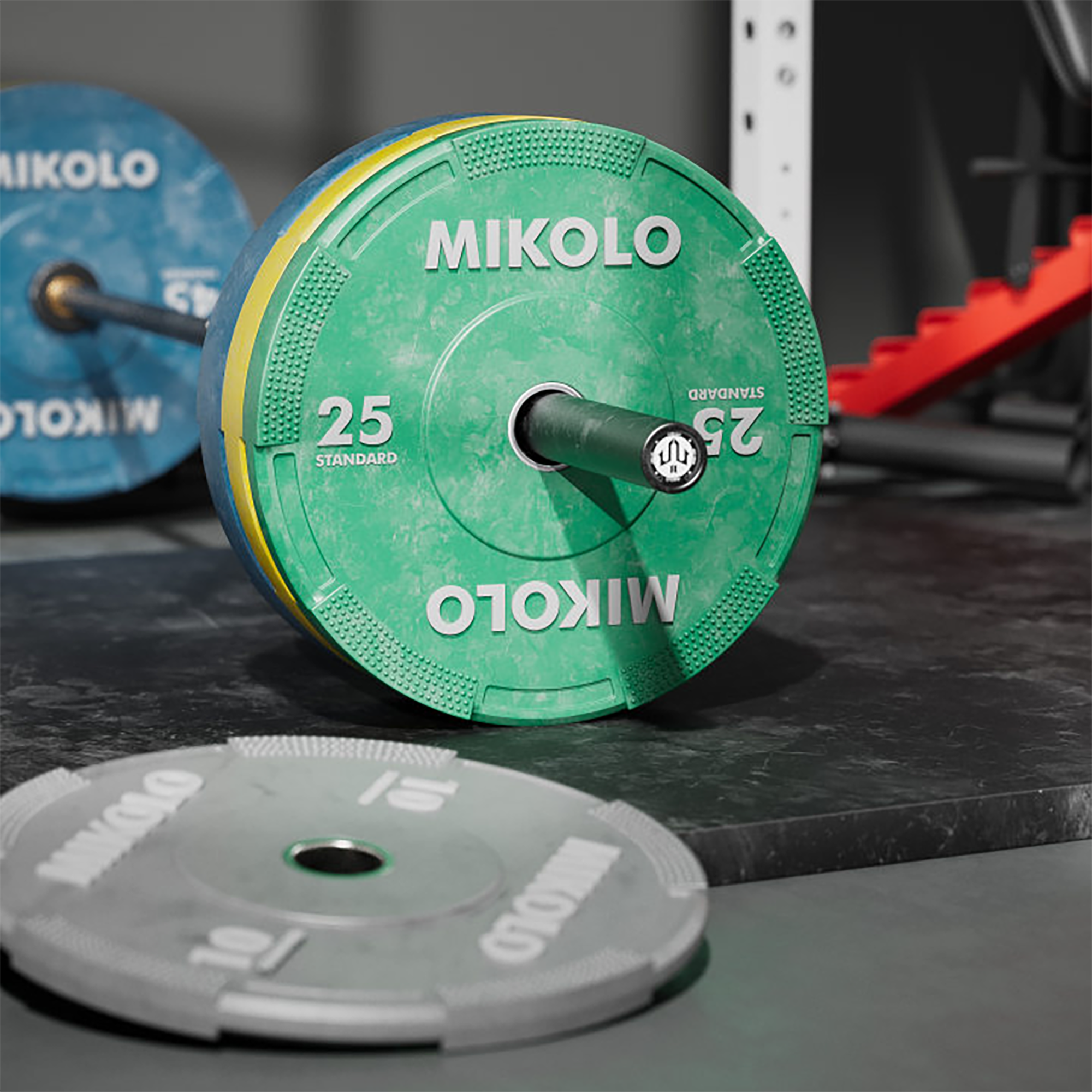Resistance bands have become a staple for athletes, lifters, and home gym owners seeking versatile, joint-friendly strength training. Among them, Rogue resistance bands stand out for their durability, consistent tension, and reliable quality, making them a trusted choice whether you're building power, rehabbing injuries, or adding progressive overload to your workouts.
What Are Rogue Resistance Bands?
Rogue offers a range of resistance bands, including their well-known Monster Bands, Echo Bands, and loop bands. These bands vary in thickness and tension, allowing users to choose the right band for warm-ups, pull-up assistance, mobility work, and strength training.
-
Monster Bands: Popular for powerlifting, pull-ups, and dynamic warm-ups, with a wide range of tension levels.
-
Echo Bands: Budget-friendly while maintaining Rogue’s quality, ideal for lighter resistance and mobility work.
-
Loop Bands and Mini Bands: Perfect for glute activation, hip stability drills, and shoulder warm-ups.
Benefits of Training with Rogue Exercise Bands
-
Versatile training: Use bands for squats, deadlifts, bench presses, rows, biceps curls, and triceps extensions.
-
Joint-friendly resistance: The variable resistance reduces joint stress while improving strength.
-
Mobility and recovery: Rogue mobility bands aid in stretching and increasing range of motion post-training.
-
Portable: Lightweight, making them easy to pack for travel workouts.
Whether you're using a Rogue pull-up band to assist your first strict pull-up or a Rogue Monster Band to add accommodating resistance to deadlifts, these bands help bridge the gap between strength and control.
Rogue Monster Bands vs. Echo Bands: Which Should You Choose?
-
Monster Bands are best for heavy resistance, advanced training, and powerlifting needs.
-
Echo Bands are suited for beginners, warm-ups, and lighter accessory work.
Both provide excellent elasticity and longevity, but choosing between them depends on your training goals and the tension range you need.
How to Use Rogue Bands for Pull-Ups
Many lifters plateau on pull-ups due to grip and core fatigue. Using Rogue bands for pull-ups can help by:
-
Allowing full range of motion with reduced bodyweight.
-
Building confidence for strict reps.
-
Offering scalable progression by switching to lighter bands as you gain strength.
My Experience Training with Rogue Bands
I first incorporated Rogue resistance bands during a deload week after a shoulder strain. Using the Rogue blue band, I performed banded face pulls and shoulder dislocations to regain range of motion while maintaining tension throughout the movement. The quality and consistent elasticity helped me gradually increase resistance without re-aggravating the injury, keeping my training momentum intact. Today, I continue to use these bands for warm-ups, deadlift accommodating resistance, and assisted pull-up work with clients of all levels.
Tips for Choosing the Right Rogue Band
-
For mobility and warm-ups: Go with lighter Echo Bands or Mini Bands.
-
For assisted pull-ups: Start with a heavier Monster Band and progressively switch to lighter bands.
-
For strength training: Choose a band that provides adequate resistance while allowing full control through your range of motion.
You can also reference the Rogue band tension chart for specific tension ranges to match your lifting or mobility needs.
Final Thoughts
Rogue resistance bands are a powerful addition to your training toolkit, offering flexibility, portability, and effective strength training without heavy equipment. Whether you’re focusing on pull-up progression, dynamic warm-ups, or adding accommodating resistance to compound lifts, Rogue’s bands will help you build functional strength safely and effectively.













































Leave a comment
This site is protected by hCaptcha and the hCaptcha Privacy Policy and Terms of Service apply.